Child development
Discover a world of activities that’ll boost your little one’s muscle growth, brain development and social skills.
Shop all educational toysWhat are the areas of child development?
A child’s growth can be split into specific areas, with each one focusing on particular skills, such as core muscles, hand-eye coordination, memory and communication. Every child will learn differently but there are lots of ways, especially through play, to encourage them.

Brain development
Logic, reasoning, memory and attention skills allow your child to process information about the world around them. Helping them solve problems, recall knowledge and enable them to focus on a task without getting distracted.
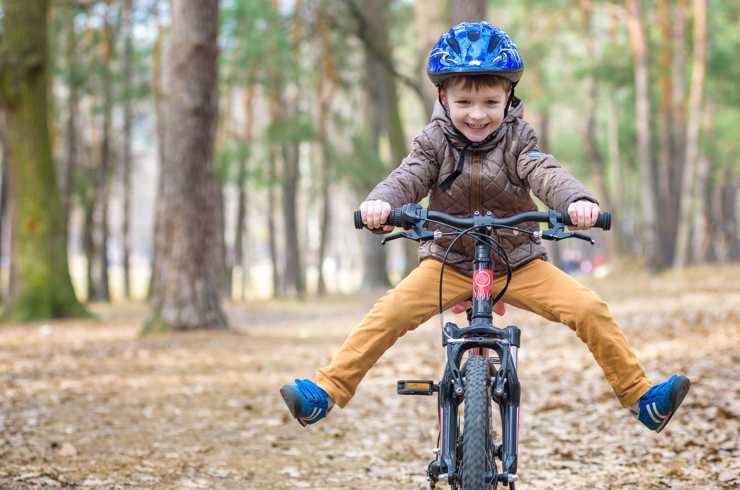
Physical development
This includes ‘big’ muscles like legs, arms or torso, used for walking, running, lifting and sitting. As well as ‘small’ muscles like fingers, toes or face, needed for actions such as speaking, eating and writing.
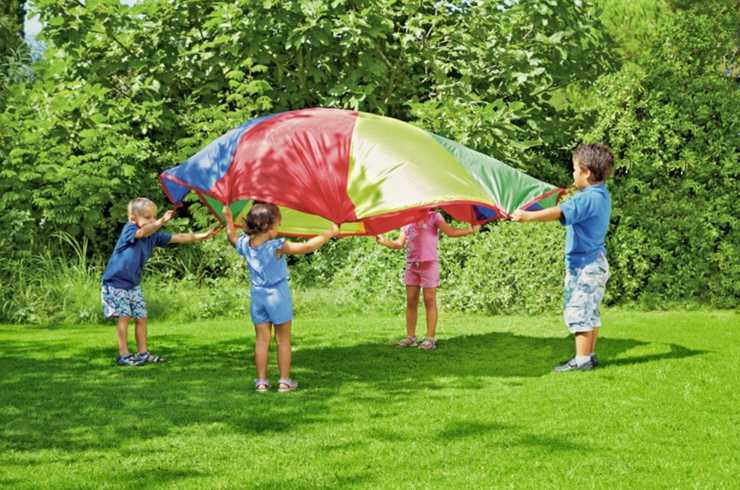
Social skills
These are vital for interacting with others and maintaining friendships. They include understanding, respecting other people’s feelings and the ability to communicate verbally and non-verbally (through tone and body language).
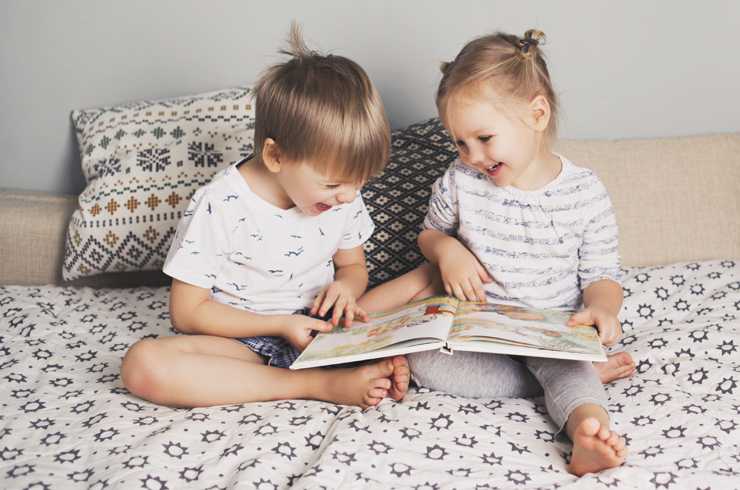
Language development
This allows children to express their feelings and ideas. Children under 3 struggle to put their feelings into words, becoming frustrated easily. But their listening and reading skills will be useful for receiving information and communicating with others.
Development stages by age
Baby (0-12 months)
Welcome tiny toes. Your baby will start developing from the moment of birth. In the first few months, they'll feed, sleep and cuddle while becoming more responsive to sounds. Gradually, their vision will develop too. By three to four months, they'll recognise you and get attached to you. Fun, bright toys will engage your baby's sight. While at night, lights that can create a calm mood as they focus on movement. You'll see your baby crawl and try to sit. They're likely to be more active and follow you around as they feel more connected to you. And soon, your baby will also take their first steps as they become a toddler.
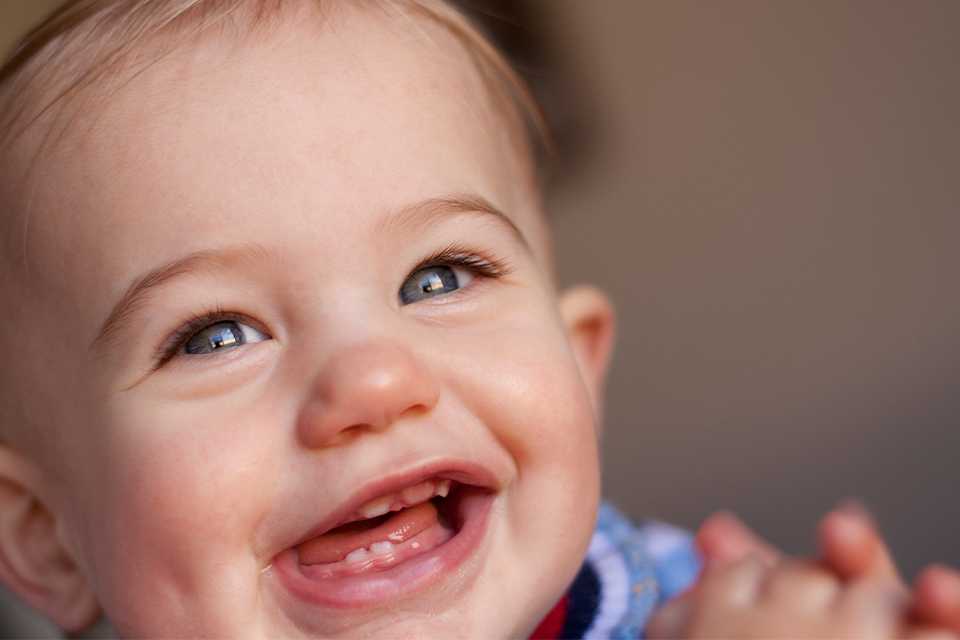
Teething
Teething can happen anytime between 3 and 12 months. It usually begins around 6 months, when the primary teeth break through the gums.
At this time, baby’s gums can become sore and swollen. You can make teething more comfortable by engaging them.
Activity toys are a great way to take your baby’s mind away from any painful gums. They also help develop their physical and mental growth.
Tummy time
Tummy time is one of the most crucial child development stages during which babies develop their motor, visual, and sensory skills. It also strengthens their neck, back and shoulder muscles.
For a newborn, start with a few minutes and gradually increase to at least an hour of tummy time per day by 3 months of age.
For longer tummy sessions, get playmats, baby gyms and toys so your baby can have fun whilst meeting developmental milestones.

Crawling
Babies generally start crawling between 6-10 months, but this can vary from child to child. Here are some tips to support them.
Place your child on their tummy on a padded surface so they're comfortable. It's a great exercise to help your baby build up neck, arm and leg muscles, as well as the ability to master their movement and head control.
Use toys to keep them entertained and active. The more baby moves and plays, the more muscles are developed.
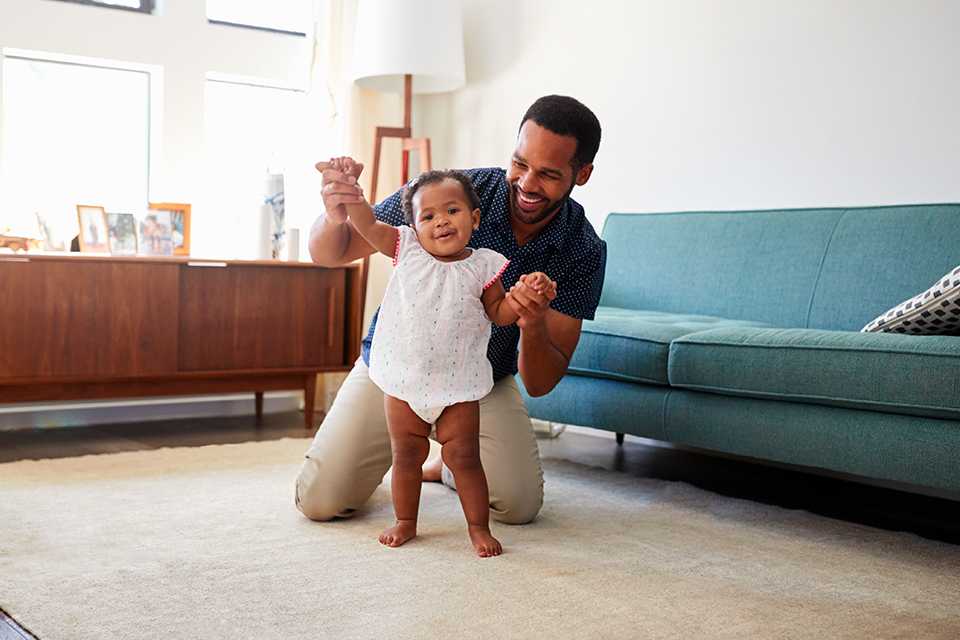
Walking
Generally, a baby can take their first steps between 9 and 12 months and walk around 3 months after.
At this time, babies need to develop their balance and coordination to walk and there are a few ways that you can help.
Toys, trikes and ride-ons are great for encouraging your baby to walk. They’ll help to develop the muscle and coordination skills they’ll need whilst having fun.
Quick shop for Baby (0-12 months)
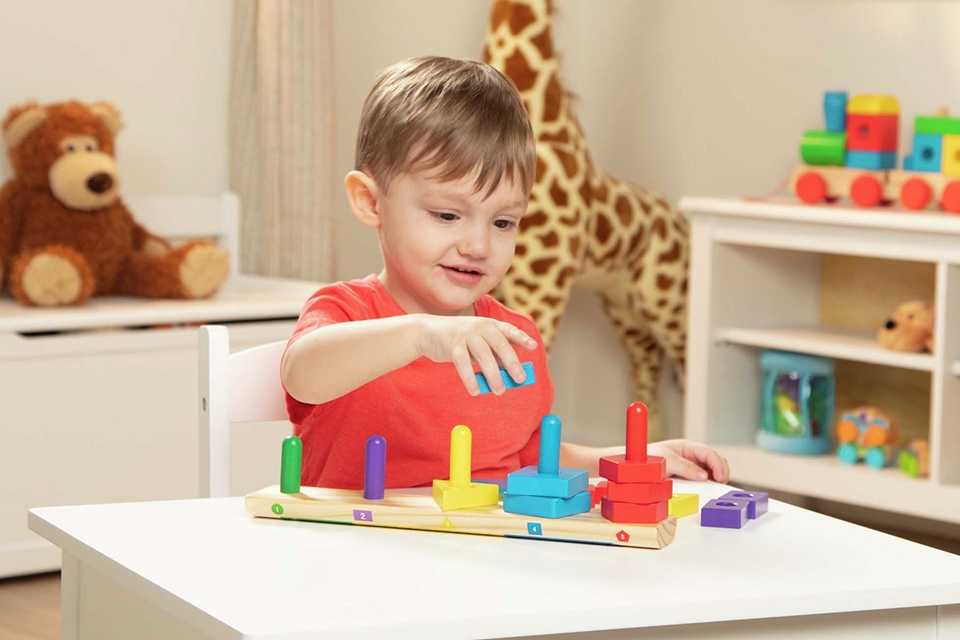
12 - 24 months
Your little one is on the move, eager to explore their surroundings. Encourage a variety of activities like running and jumping, to build muscle strength. Drawing and painting will refine skills that’ll help with everyday tasks. Whilst singing and reading encourages their language and creativity.
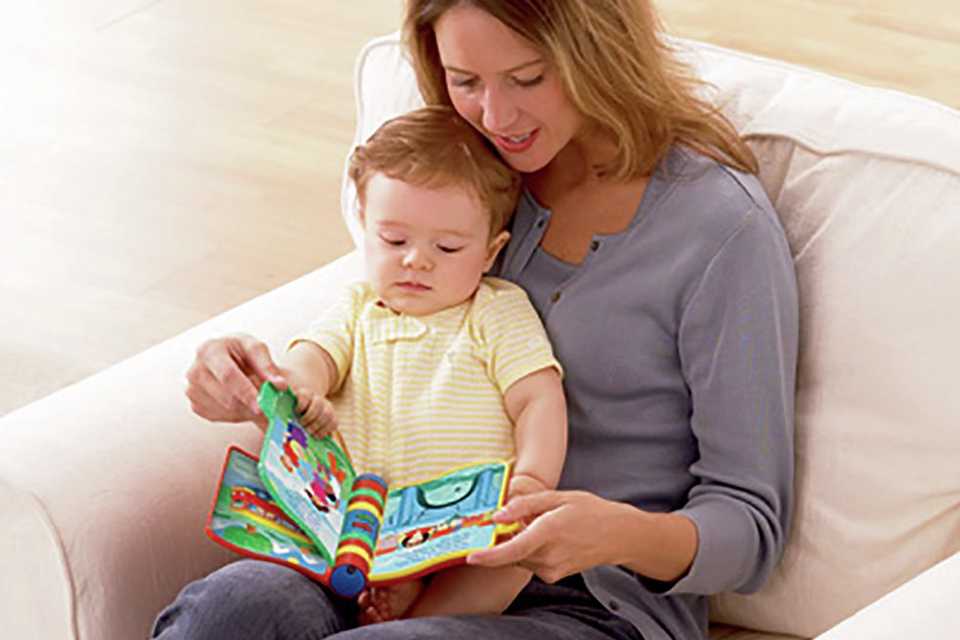
Brain development
You’ll see your little ones trying to solve problems, such as sorting shapes and colours, or following objects you’ve hidden. Set up some activities for them get better.
-
Encourage them to test new abilities like shaking or banging as they explore the effects. An activity table also helps them build up their strength to stand and walk.
-
A puzzle is great way for them to learn about colours, numbers, shapes and so much more. Do it together or let them figure out on their own.
-
To develop fine motor skills, choose from a variety of colours, shapes and themes, allowing your little one to think about which shape fits where.
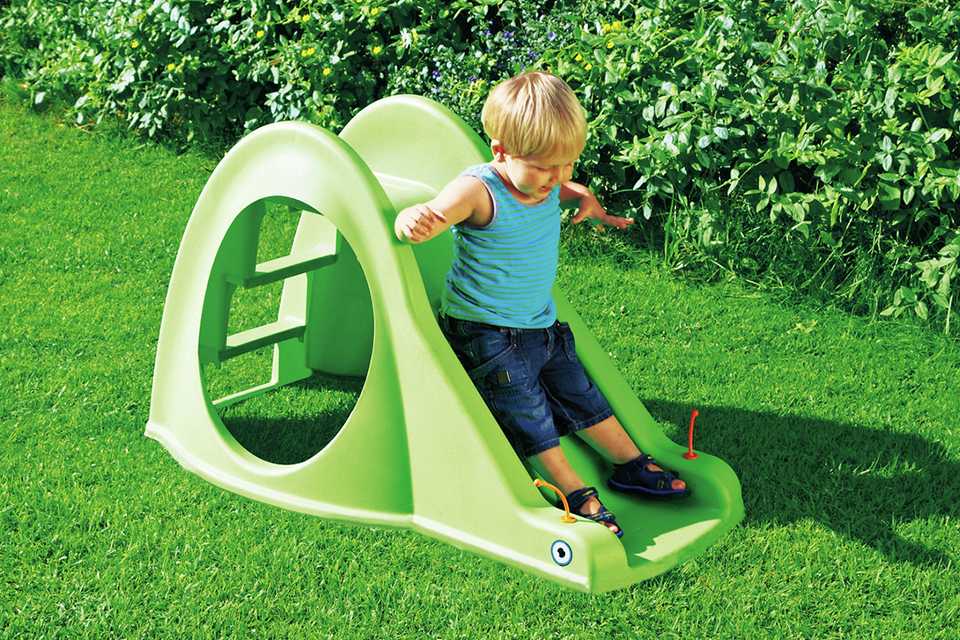
Physical development
Your baby will use their fine motor skills to synchronise smaller muscles like hands, feet and eyes for everyday movements. Gross motor skills engage their larger core muscles, helping bigger movements like walking.
-
Indulge them in different activities like giving them movement toys or setting up a soft and squishy obstacle course. It'll help your baby to crawl, climb and walk through.
-
Use bubbles to encourage your child to use their gross motor skills to sit, stand, chase and reach, as they float in different directions.
-
Help them build their confidence as they take their first steps, with a walker. Their bright colours, characters and interactive features also help develop other skills.
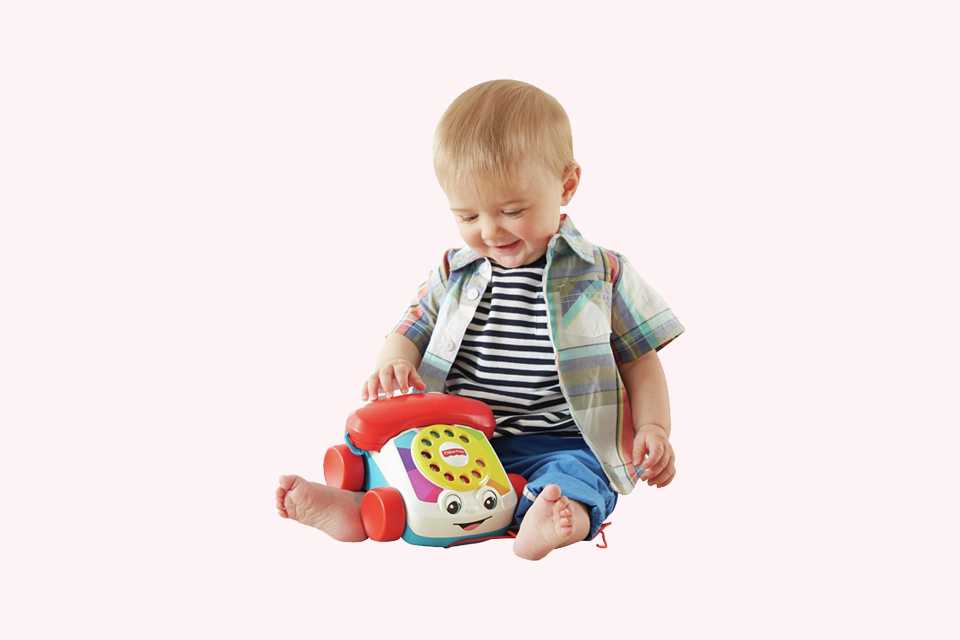
Social skills
It's time for your baby to start communicating through facial expressions, body language or short sentences. Here's how you can engage with them.
-
Cuddle up and read to your baby. Bring the story to life through funny voices, noises and talking about it. Ask your child to point to things to keep their attention.
-
Kids love to mimic our actions and conversations. Before they cover your phone with fingerprints, give them their own phone so they can catch up with Nan and Grandad.
-
Nursery rhymes help your baby learn new vocabulary. Use actions alongside the rhymes, to help them remember the song, or how about adding some musical instruments too?
Quick shop for 12 - 24 months
2 - 3 years
You may be hearing a lot of ‘why’ questions now. Be patient as your child tries to make sense of the world around them. They’ll still enjoy independent play but will begin to interact with others – enhancing their social, language and creative skills.
Quick shop for 2 - 3 years
4 - 5 years
How have they grown so fast? Dressing themselves, improving their vocabulary and increasing their memory and attention span. You’ll soon see how the skills they’ve been developing in their early years will aid them as they now start school.

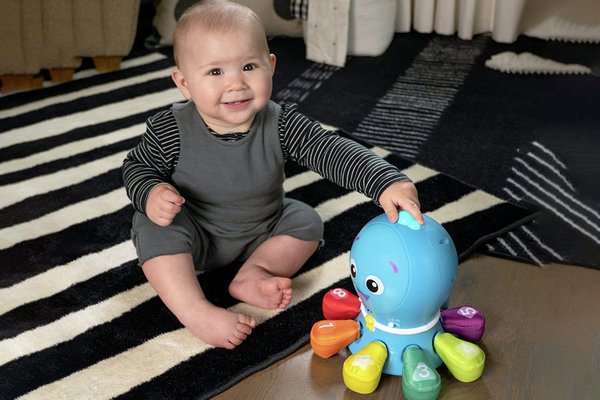&poi={$this.metadata.pointOfInterest.x},{$this.metadata.pointOfInterest.y},{$this.metadata.pointOfInterest.w},{$this.metadata.pointOfInterest.h}&scaleFit={($this.metadata.pointOfInterest.x>0)?$sfpoi:$sfcenter}&sm=aspect&aspect=3:2&sfcenter=center&sfpoi=poi&qlt=50&fmt=auto&noiser=0&fmt.jpeg.interlaced=true&fmt.jp2.qlt=40&)

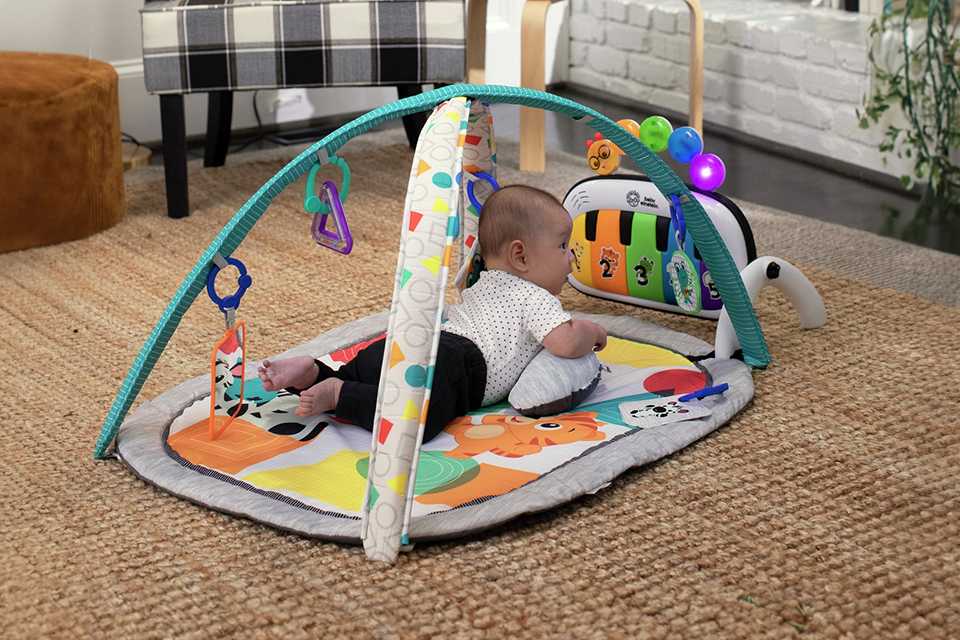


?$sfpoi:$sfcenter}&sm=aspect&aspect=2:1&sfcenter=center&sfpoi=poi&qlt=50&fmt=auto&noiser=0&fmt.jpeg.interlaced=true&fmt.jp2.qlt=40&w=600&)
?$sfpoi:$sfcenter}&sm=aspect&aspect=2:1&sfcenter=center&sfpoi=poi&qlt=50&fmt=auto&noiser=0&fmt.jpeg.interlaced=true&fmt.jp2.qlt=40&w=600&)
?$sfpoi:$sfcenter}&sm=aspect&aspect=2:1&sfcenter=center&sfpoi=poi&qlt=50&fmt=auto&noiser=0&fmt.jpeg.interlaced=true&fmt.jp2.qlt=40&w=600&)
?$sfpoi:$sfcenter}&sm=aspect&aspect=2:1&sfcenter=center&sfpoi=poi&qlt=50&fmt=auto&noiser=0&fmt.jpeg.interlaced=true&fmt.jp2.qlt=40&w=600&)
?$sfpoi:$sfcenter}&sm=aspect&aspect=2:1&sfcenter=center&sfpoi=poi&qlt=50&fmt=auto&noiser=0&fmt.jpeg.interlaced=true&fmt.jp2.qlt=40&w=600&)
?$sfpoi:$sfcenter}&sm=aspect&aspect=2:1&sfcenter=center&sfpoi=poi&qlt=50&fmt=auto&noiser=0&fmt.jpeg.interlaced=true&fmt.jp2.qlt=40&w=600&)
?$sfpoi:$sfcenter}&sm=aspect&aspect=2:1&sfcenter=center&sfpoi=poi&qlt=50&fmt=auto&noiser=0&fmt.jpeg.interlaced=true&fmt.jp2.qlt=40&w=600&)
?$sfpoi:$sfcenter}&sm=aspect&aspect=2:1&sfcenter=center&sfpoi=poi&qlt=50&fmt=auto&noiser=0&fmt.jpeg.interlaced=true&fmt.jp2.qlt=40&w=600&)
?$sfpoi:$sfcenter}&sm=aspect&aspect=2:1&sfcenter=center&sfpoi=poi&qlt=50&fmt=auto&noiser=0&fmt.jpeg.interlaced=true&fmt.jp2.qlt=40&w=600&)
?$sfpoi:$sfcenter}&sm=aspect&aspect=2:1&sfcenter=center&sfpoi=poi&qlt=50&fmt=auto&noiser=0&fmt.jpeg.interlaced=true&fmt.jp2.qlt=40&w=600&)
?$sfpoi:$sfcenter}&sm=aspect&aspect=2:1&sfcenter=center&sfpoi=poi&qlt=50&fmt=auto&noiser=0&fmt.jpeg.interlaced=true&fmt.jp2.qlt=40&w=600&)
?$sfpoi:$sfcenter}&sm=aspect&aspect=2:1&sfcenter=center&sfpoi=poi&qlt=50&fmt=auto&noiser=0&fmt.jpeg.interlaced=true&fmt.jp2.qlt=40&w=600&)
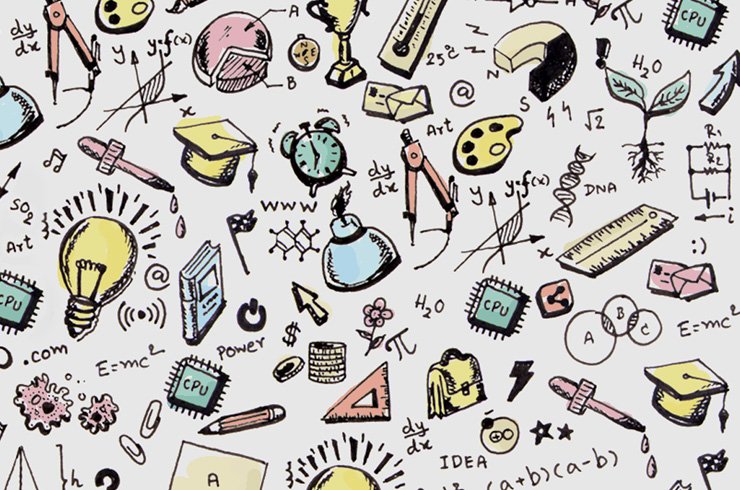?$sfpoi:$sfcenter}&sm=aspect&aspect=2:1&sfcenter=center&sfpoi=poi&qlt=50&fmt=auto&noiser=0&fmt.jpeg.interlaced=true&fmt.jp2.qlt=40&w=600&)
?$sfpoi:$sfcenter}&sm=aspect&aspect=2:1&sfcenter=center&sfpoi=poi&qlt=50&fmt=auto&noiser=0&fmt.jpeg.interlaced=true&fmt.jp2.qlt=40&w=600&)
?$sfpoi:$sfcenter}&sm=aspect&aspect=2:1&sfcenter=center&sfpoi=poi&qlt=50&fmt=auto&noiser=0&fmt.jpeg.interlaced=true&fmt.jp2.qlt=40&w=600&)
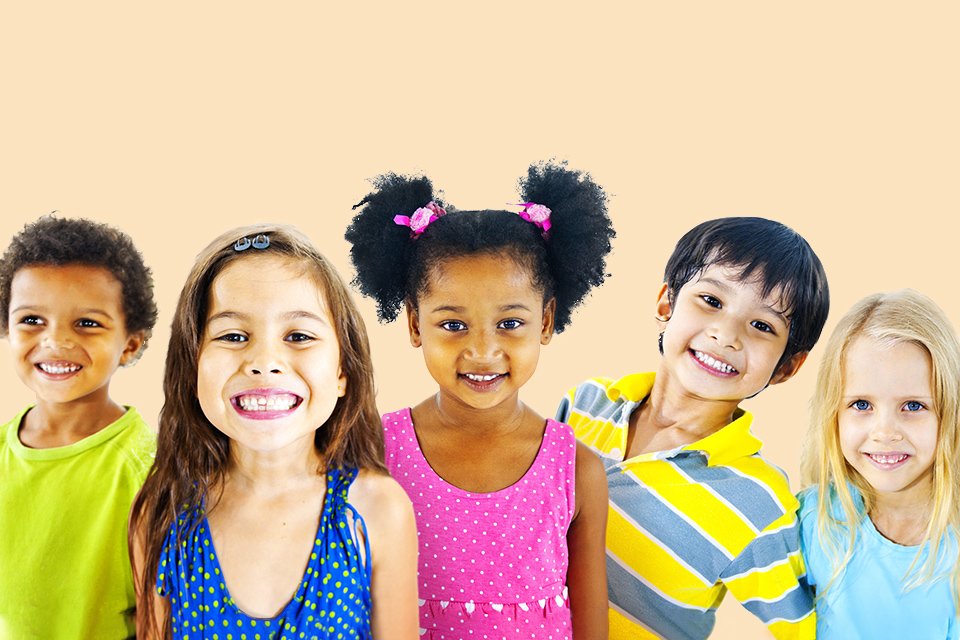?$sfpoi:$sfcenter}&sm=aspect&aspect=2:1&sfcenter=center&sfpoi=poi&qlt=50&fmt=auto&noiser=0&fmt.jpeg.interlaced=true&fmt.jp2.qlt=40&w=600&)
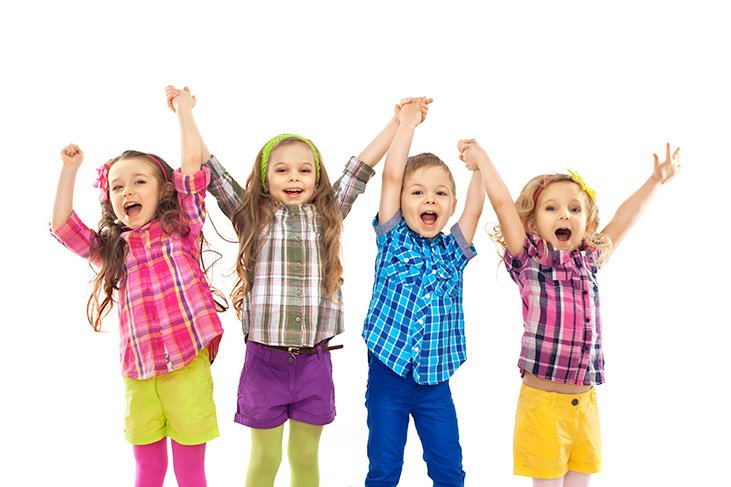?$sfpoi:$sfcenter}&sm=aspect&aspect=2:1&sfcenter=center&sfpoi=poi&qlt=50&fmt=auto&noiser=0&fmt.jpeg.interlaced=true&fmt.jp2.qlt=40&w=600&)
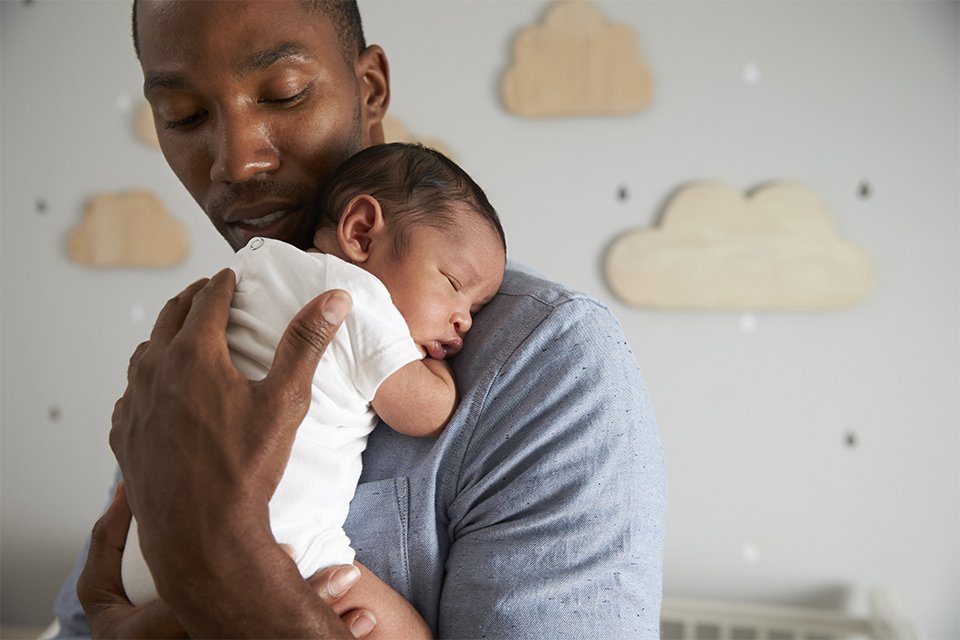?$sfpoi:$sfcenter}&sm=aspect&aspect=2:1&sfcenter=center&sfpoi=poi&qlt=50&fmt=auto&noiser=0&fmt.jpeg.interlaced=true&fmt.jp2.qlt=40&w=600&)